Being aware of the wounds of your childhood allows you to gain an understanding of yourself, including your emotions, behaviours, and thought patterns. Awareness is the first step towards healing, and acknowledging past wounds empowers you to address and work through emotional pain.
1. Wound of rejection
Childhood Impact: As a child, I felt like no one accepted me for who I was.
Adult Protection Strategy: Now, if someone or something makes me feel rejected, I tend to run away. I hide, isolate myself, and avoid everyone, even those who care about me. It’s like I believe everyone rejects me, and I don’t fit in.
2. Abandonment wound
Childhood Impact: Growing up, my parents weren’t there for me, either emotionally or physically.
Adult Protection Strategy: In adulthood, I go to great lengths to keep people from leaving me. I create problems to get attention and find it easier to endure difficult relationships than risk being alone.
3. Humiliation wound
Childhood Impact: During my early years, I often felt ridiculed and shamed.
Adult Protection Strategy: Now, to protect myself, I tend to neglect my own needs and focus on others. The guilt and shame I carry make it hard to take care of myself, but strangely, it’s easier to care for others.
4. Betrayal wound
Childhood Impact: Promises made in childhood were often broken, creating a sense of betrayal.
Adult Protection Strategy: As an adult, I am always on high alert. I need to control everything around me to avoid danger and surprises. I am demanding in my relationships because I am afraid people might lie to me.
5. Injustice wound
Childhood Impact: In my early years, people around me were cold and strict.
Adult Protection Strategy: To protect myself now, I hide my true feelings. Even though I am sensitive, I keep it to myself. I expect a lot from myself, thinking I am valued for what I do, not who I am. Committing to things is hard because I am scared of making mistakes.
Useful Journal prompts
Rejection
Reflect on a specific memory from childhood when you felt rejected. How did it shape your perception of acceptance?
Explore situations in your adulthood where you have isolated yourself due to perceived rejection. How has this impacted your relationships?
Abandonment:
Write about a time when you deeply felt your parents’ absence during your childhood. In what ways has this influenced your fear of being alone as an adult?
Compare moments where you strive for independence as an adult with your fear of abandonment. How does this duality manifest in your relationships?
Humiliation:
Recall a specific incident of humiliation during your early years. How can acknowledging and addressing this wound contribute to your healing journey?
Explore situation in adulthood where you neglected your needs to focus on others. How can you shift this pattern to prioritise self-care without guilt?
Betrayal:
Write about a childhood promise that was broken. How has this influenced your current approach to trust and setting boundaries in relationships?
Explore the impact of being constantly vigilant in your adult life. How does this affect your ability to trust and form genuine connections?
Injustice:
Reflect on moments of injustice from your early years. How has this influenced your approach to expressing emotions and sensitivity in adulthood?
Explored your struggle with committing due to a fear of making mistakes. How can you cultivate self-appreciation even in the face of imperfections?
Meeting your own needs for inner child healing:
Rejection:
Reflecting on childhood rejection can reveal a pattern of seeking external validation. Now, consider how you can validate and accept yourself independently.
To counteract isolation from perceived rejection, consciously build connections with supportive individuals who appreciate you for who you are.
Abandonment:
Acknowledge that your fear of abandonment may lead to maintaining unhealthy relationships. Focus on building a sense of self-worth and independence to ease this fear.
Embrace solitude as an opportunity for self-discovery, gradually replacing the fear of being alone with the joy of self-company.
Humiliation:
In healing from humiliation, prioritise self-compassion and recognise that neglecting your own needs doesn’t protect you from shame.
Explore activities and practices that bring you joy and fulfillment.
Betrayal:
Become aware that being constantly on high alert and controlling everything may hinder genuine connections. Allow yourself to trust others gradually, understanding that not everyone will betray you.
Establish healthy boundaries based on trust rather than control, cultivating relationships that are built on mutual respect and understanding.
Injustice:
Accept that hiding your true feelings and expecting validation solely from achievements feeds the injustice wound. Begin to express your emotions authentically.
Challenge the belief that you are valued only for what you do by cultivating self-compassion. Allow yourself to make mistakes and learn from them without self-judgment.
Steps to heal your inner child.
Reparenting Yourself:
Treat yourself with the love and care you needed as a child. Develop self-soothing techniques and engage in activities that bring you comfort and joy.
Emotional Expression:
Practice expressing your emotions in a healthy way. Journaling, art, or therapy can be tools to release suppressed feelings and promote emotional well-being.
Mindfulness and Self-Awareness:
Cultivate mindfulness to stay present and aware of your thoughts and emotions. This awareness allows you to respond to situations consciously rather than reacting based on past wounds.
Self-Compassion:
Develop a compassionate inner dialogue. Treat yourself with the same kindness and understanding you would offer to a friend facing similar challenges.
Boundaries and Self-Care:
Learn to set healthy boundaries in relationships, ensuring that your needs are respected. Prioritise self-care without guilt, knowing that taking care of yourself is important.
Gratitude: Focus on the positive aspects of your journey. Cultivate gratitude for the progress you make, and use positive affirmations to reinforce a healthy self-image.
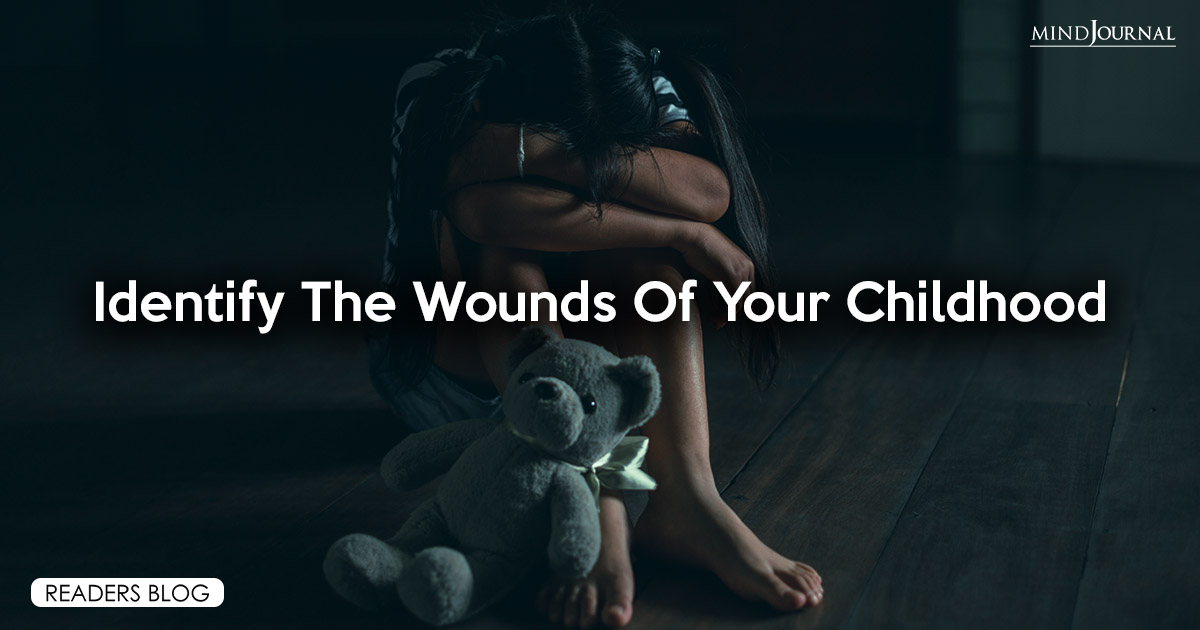
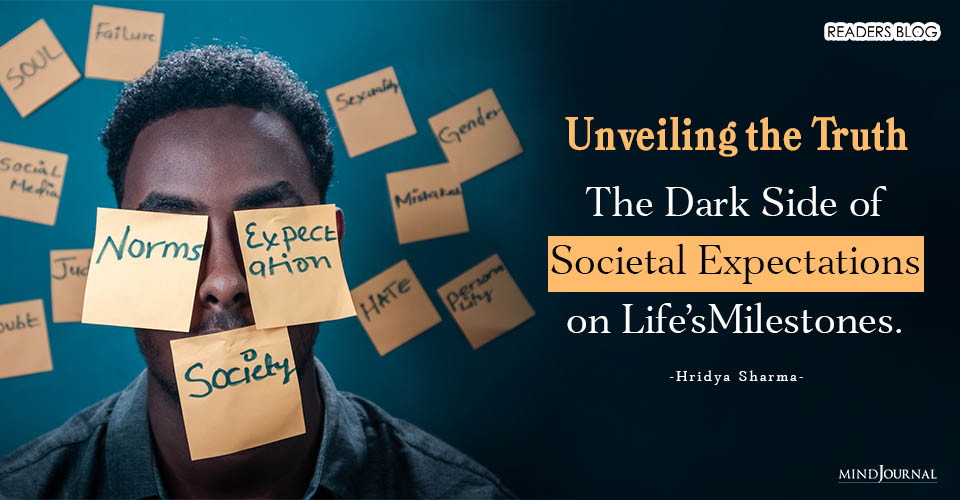
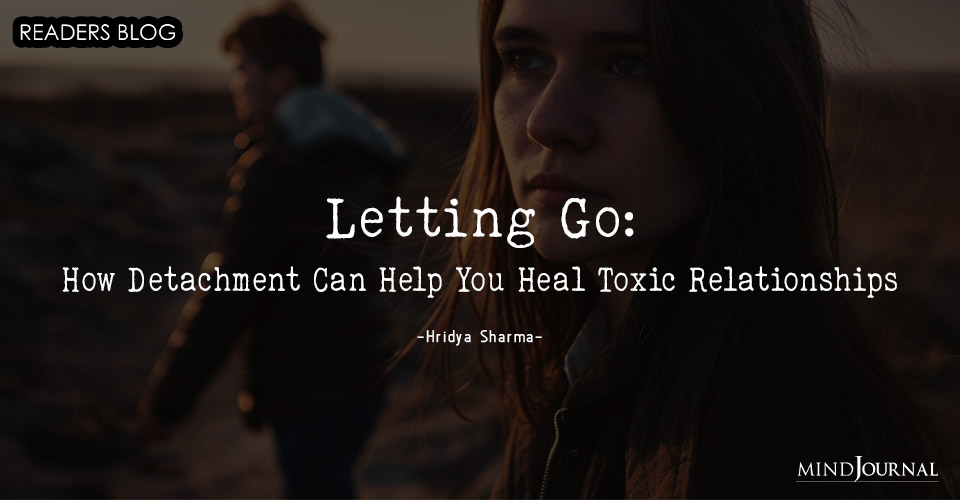
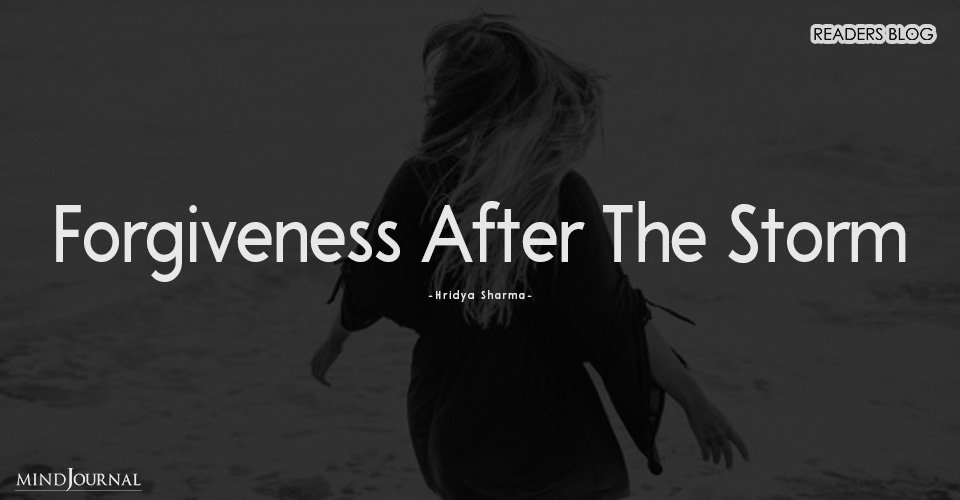
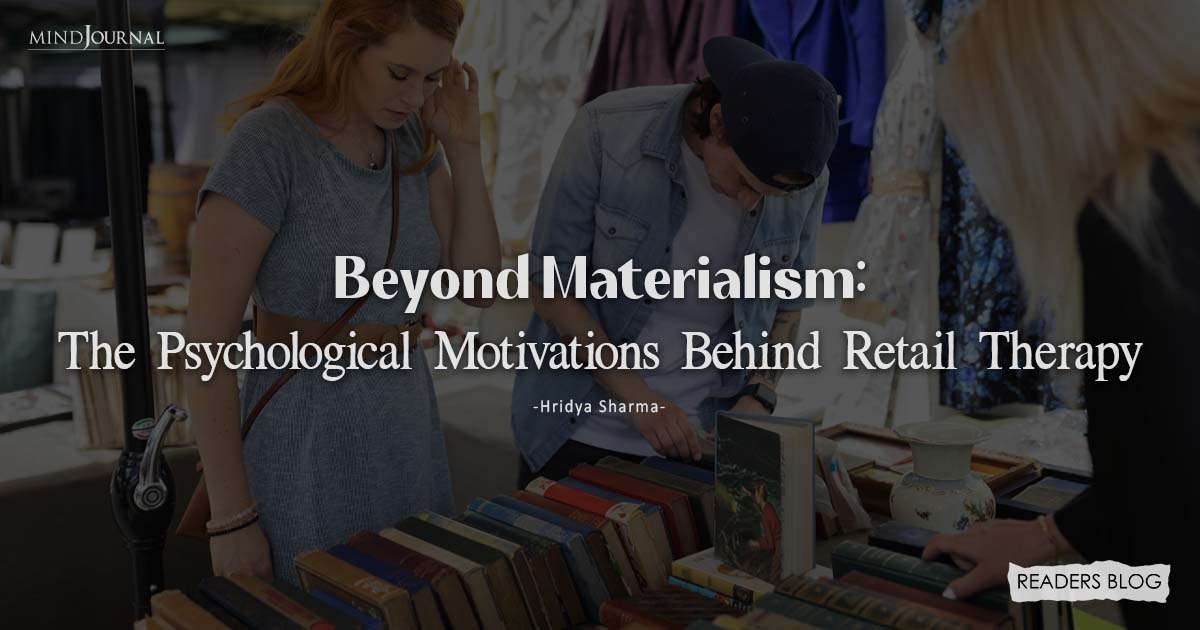
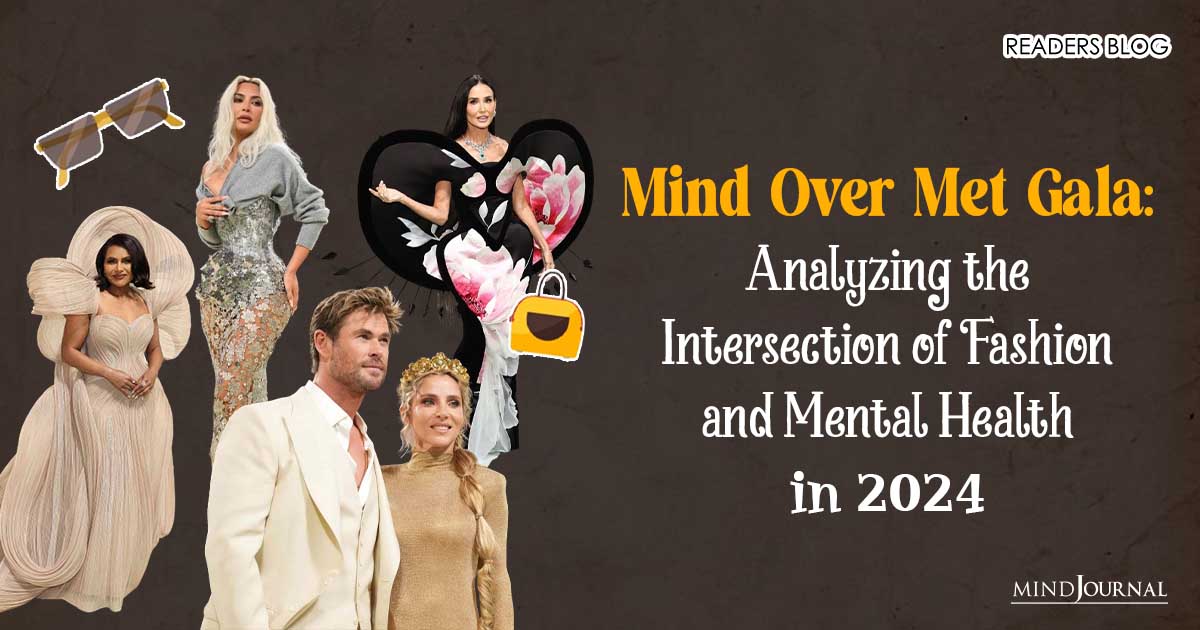
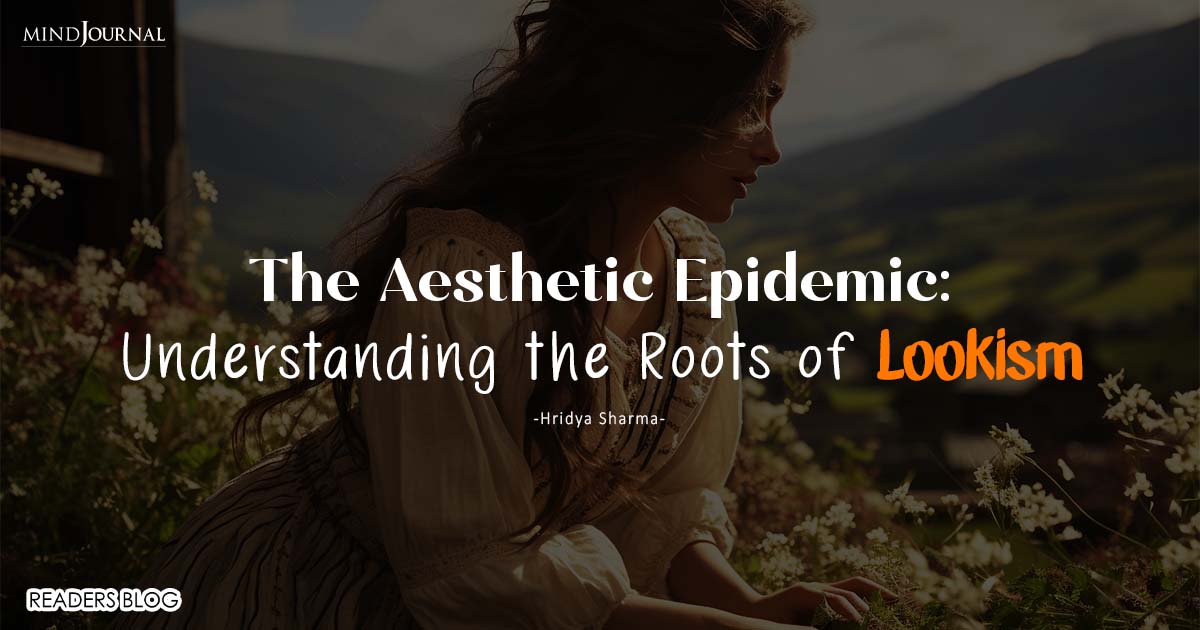
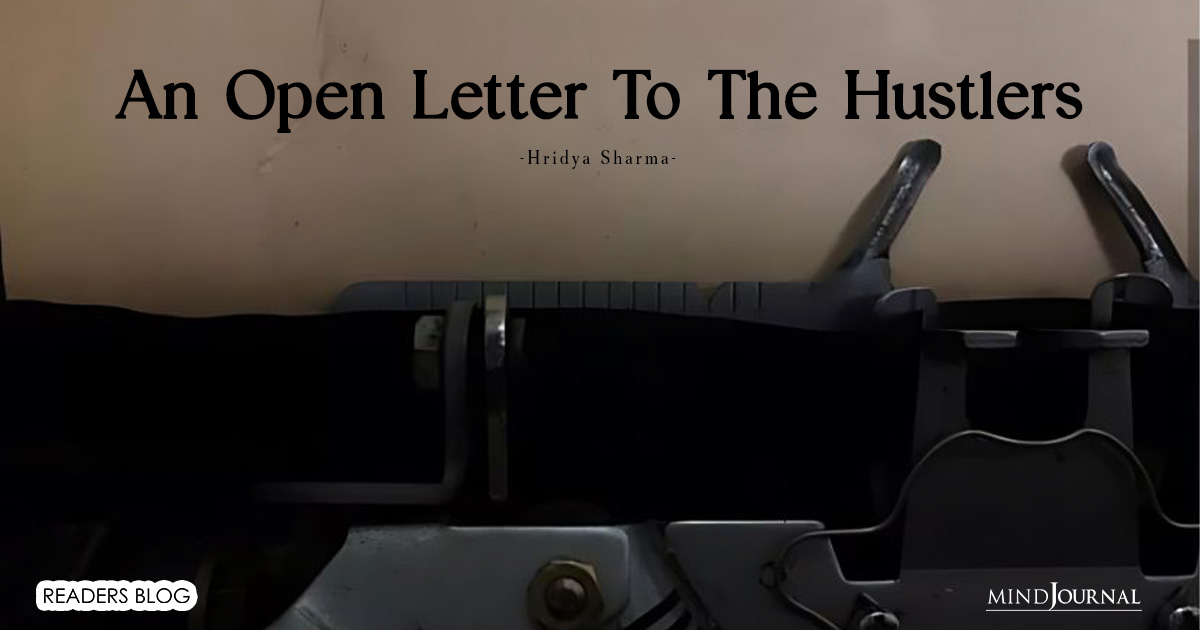
Leave a Reply
You must be logged in to post a comment.